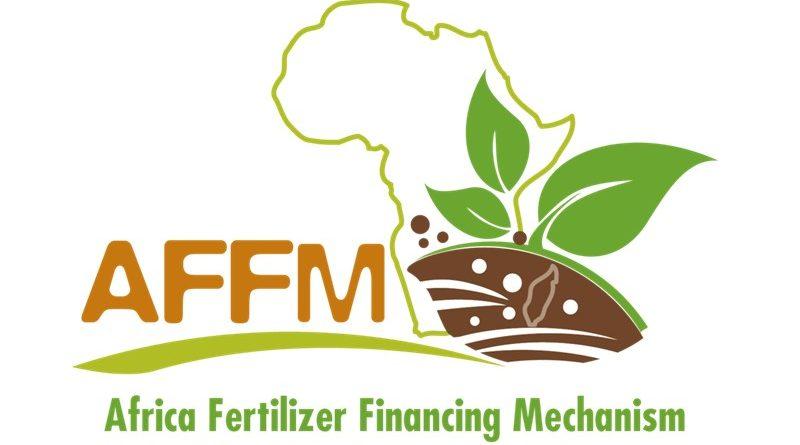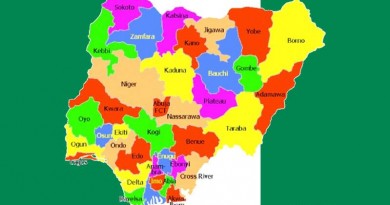AfDB approves $11.7 million to facilitate access to fertilizers for African farmers under the African Fertilizer Financing Mechanism
The African Development Bank’s (www.AfDB.org) Board of Directors approved a $11.7 million budgeted allocation to the African Fertilizer Financing Mechanism (AFFM) (https://apo-opa.info/3W9oU1T) for its 2023 operations on May 16, 2023.
The vote on Tuesday totals $16.4 million in funding for the Facility’s 2023 budget. It contains $4.7 million in carryover funds from the previous year.
The Board of Directors also approved AFFM’s 2023 program of activities, which include strengthening the fertilizer sector through access to finance, assisting in the development of sustainable policy reforms to improve fertilizer production, trade, and use, and facilitating smallholder farmers’ access to inputs and technical assistance.
AFFM intends to proceed with three commercial credit guarantee contracts totaling $8.3 million. Zimbabwe ($4.3 million), Côte d’Ivoire ($2 million), and Ghana ($2 million) are the recipients. It intends to execute trade credit guarantee schemes of $9.7 million in Tanzania, Uganda, Mozambique, and Kenya by 2023. If the United States Agency for International Development (USAID) follows through on its $15 million pledge to the AFFM, three additional initiatives in Senegal, Zambia, and Ghana might be started.
The 2023 projects will support the second pillar of the Bank’s African Emergency Food Production Facility (https://apo-opa.info/407xGOa), which was established to avert a potential food catastrophe in Africa in the aftermath of Russia’s invasion of Ukraine. Furthermore, AFFM will actively collaborate with African governments and other important stakeholders to draft the national food and agriculture pacts that the continent’s leaders will submit at the Feed Africa Summit in Dakar in January 2023 (https://apo-opa.info/3Odn5Pz).
Through loan guarantee initiatives and capacity training for farmers and input distributors, the AFFM will improve smallholder farmers’ access to inputs and extension services. The goals are to ensure optimum fertilizer use, promote agricultural productivity, and improve soil conditions.
In 2021, AFFM will continue to collaborate with the International Fertiliser Development Centre (IFDC) and the Alliance for a Green Revolution in Africa (AGRA) on projects to boost fertilizer production, trade, and use. It will also perform a comprehensive review of fertilizer policy in at least 10 African nations, mapping the current situation, identifying gaps, and developing an action plan. The goal is to encourage policy initiatives that will solve the identified flaws.
The African Fertiliser money Mechanism, established by the African Union in Abuja in 2006, is a unique fund that aims to improve agricultural production by providing the required money to boost fertilizer use in Africa and attain the 50 kg of nutrients per hectare target. The African Development Bank hosts and manages it. AFFM has a strategic plan in place for the years 2022-2028 (https://apo-opa.info/3WbPI1n).
AFFM’s work in Africa is critical in tackling food crises and other risks to food security caused by Russia’s war in Ukraine, climate change (drought, floods, soil depletion, etc.), violence, locust infestation, and disease.




